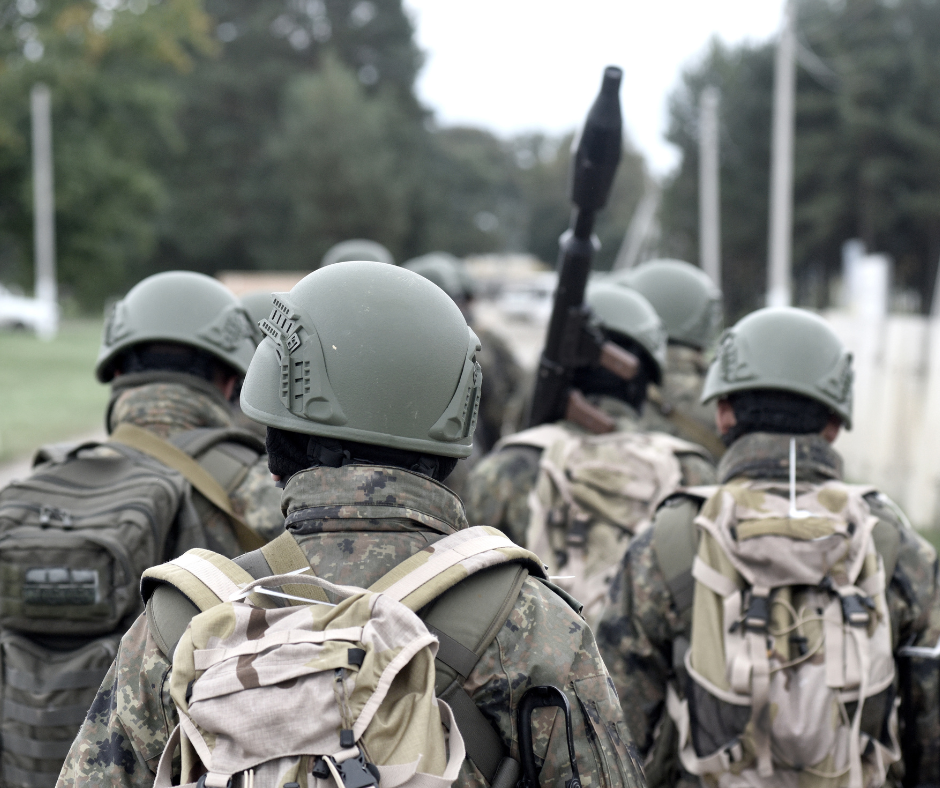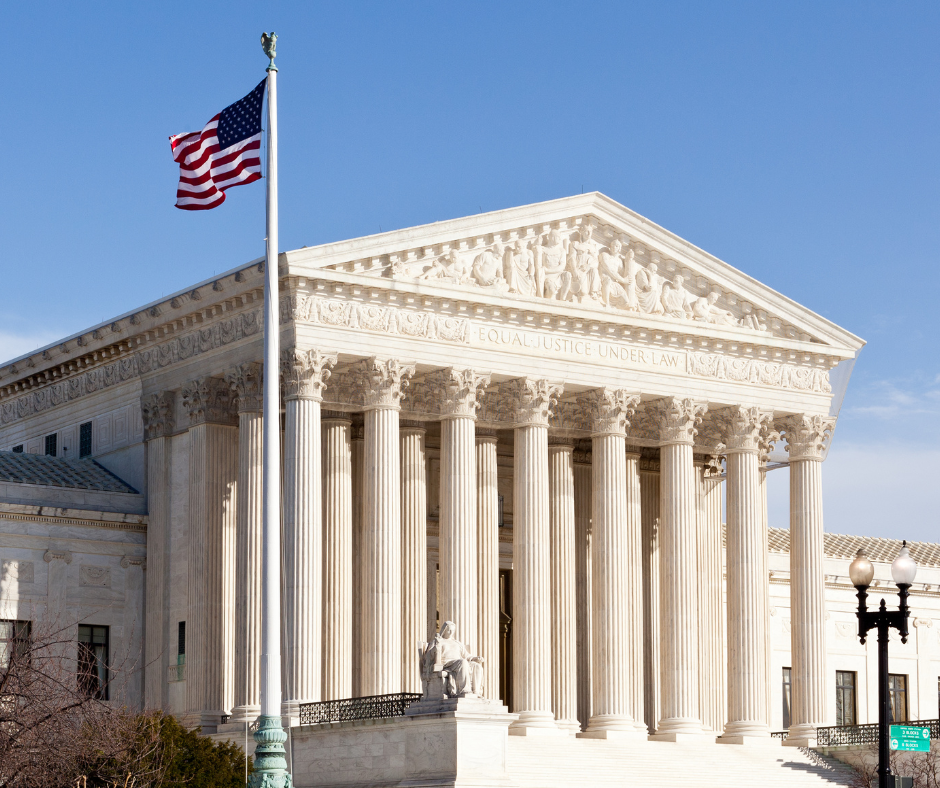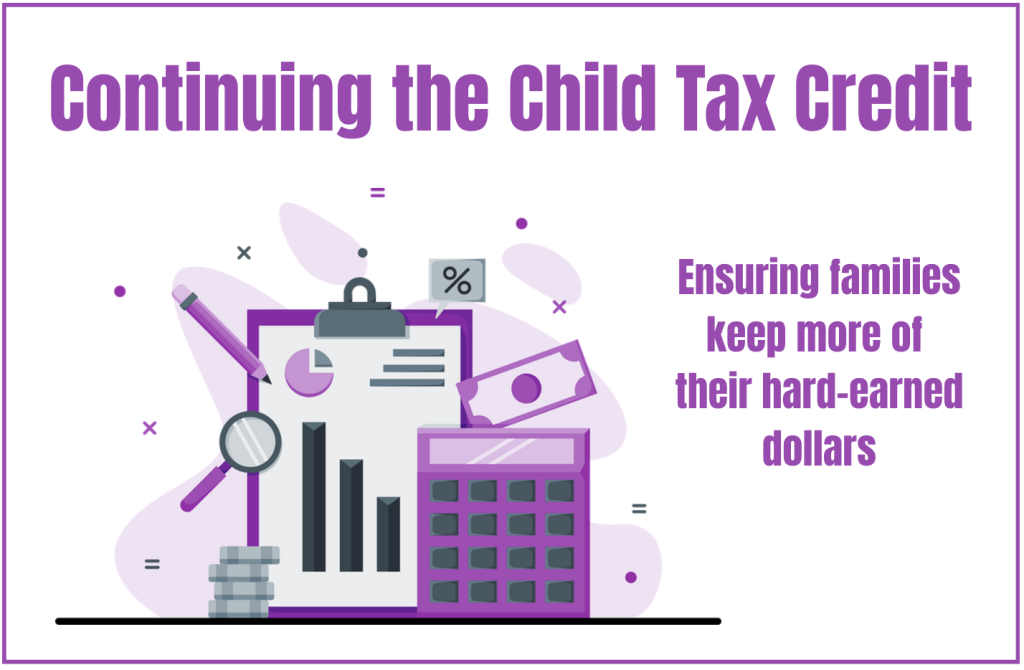The term “banana republic” often conjures up an image of unstable third world nations with dictatorial governments and widespread poverty, far removed from anything we might experience in America today. That bleak picture, however, is not always an accurate representation of what a society under the rule of a banana republic has come to mean.
We have heard the term used repeatedly in recent weeks, so let’s take a deeper look.
The odd term originated from American author O. Henry, pen name of William Sydney Porter, who wrote about a fictional country called Anchuria in a series of short stories in 1901 based on his personal experiences in Honduras. The original meaning of the term, as coined in his stories, was a “politically unstable country run by a dictator and his cronies, with an economy dependent on a single product” – namely, bananas.
The term has since taken on a new, broader meaning and become part of the common vernacular in America’s modern political scene. It has been used to describe countries like Uganda, Cuba, Colombia, Costa Rica, Guatemala, Panama, etc. Lately, it has even been used to describe America.
Precisely identifying a banana republic can be difficult, as it is not a uniform categorization based on a particular form of government or social order, but rather a culmination of characteristics that “lead to a plagued, troubled, or corrupt government.” World Population Review defines a banana republic as having at least one of the following characteristics:
“Generally, a banana republic will see continued civil unrest leading to insurgencies or coup attempts. An unstable government is largely driven by widespread corruption by government officials. Further, the government may be oppressive and heavily oppose the lower class. Usually, banana republics have widespread poverty with an economic dependency on the upper class or business elites. There is a significant gap between the upper classes and the lower class citizens. Most of the country’s infrastructure will be owned by foreign investors, and the country’s economic standing will be based on minimal natural resources.” (emphasis added)
Another crucial aspect of a banana republic is the practice of targeting political opponents or members of the “opposition party” so that leadership can maintain control of the nation. The dictatorial leaders of banana republics employ all forms of persecution on their opposition in order to ensure their downfall in “elections,” which are often touted as free and fair, but in reality are anything but. That can include fraudulent trials to lock away their opponents and charge them with any number of crimes, or it can be as drastic as conspiring to murder them.
The makings of a banana republic are nuanced and frightening, turning a once-stable democratic nation into a corrupt regime, sometimes in a matter of mere years. In the words of President Ronald Reagan, “Freedom is a fragile thing and it’s never more than one generation away from extinction.” So, too, is a constitutional republic.








